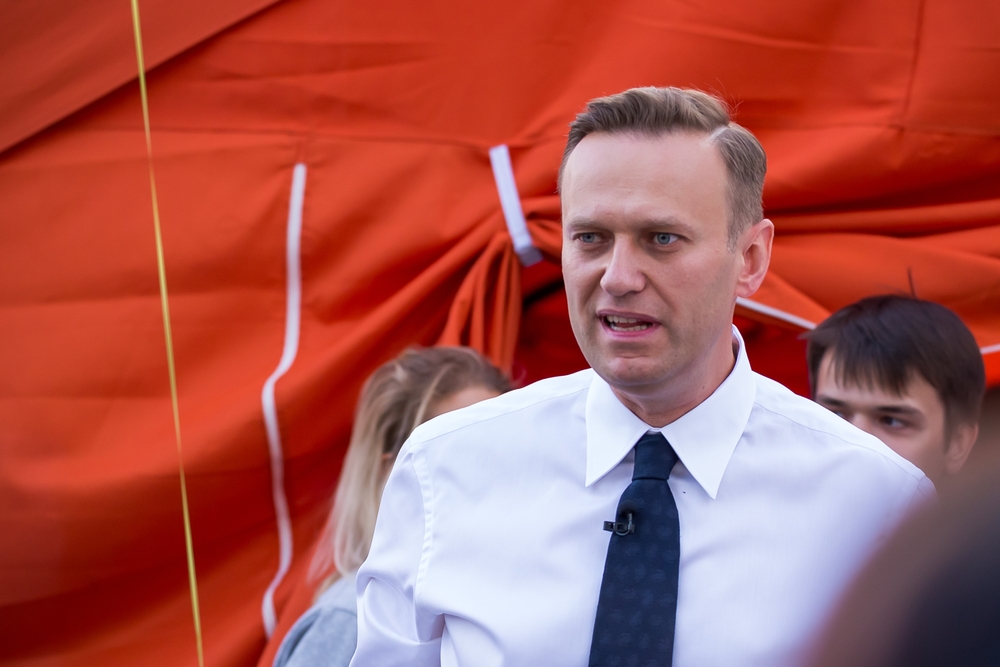The accused have been charged with transmitting messages between Navalny and his allies.
Others are reading now
Three lawyers who represented Alexei Navalny, the late Russian opposition leader, are currently facing trial for charges of extremism in a court located in the Vladimir region, east of Moscow.
Part of An Extremist Organization
The accused – Vadim Kobzev, Alexei Liptser, and Igor Sergunin – have been charged with transmitting messages between Navalny, who was imprisoned at the time, and his allies, according to Digi24.
The trial began on Thursday, with the three lawyers facing accusations of being part of an “extremist organization,” a charge that carries a potential sentence of up to six years in prison.
Navalny, a key figure in the Russian opposition, died in February under mysterious circumstances while serving a 19-year sentence in a penal colony located in the Arctic.
Also read
He had been convicted for leading an organization deemed “extremist” by the Russian government.
Navalny’s death has led to intensified efforts by Russian authorities to clamp down on his supporters and allies. In addition to targeting his legal team, journalists covering his case have been arrested, and his wife, Yulia Navalnaya, has been placed on a blacklist of “terrorists and extremists.”
Placed in Metal Cage
At the start of the trial, the three lawyers were placed inside a metal defendant’s cage. Public access was barred from the courtroom after the judge granted the prosecution’s request to close the proceedings. Investigators allege that the lawyers facilitated Navalny’s political activity while he was imprisoned by relaying messages to his supporters.
Although Sergunin has pled guilty to the charges, Kobzev and Liptser have denied any wrongdoing, maintaining that the charges are politically motivated.
Navalny’s legal team and supporters view the trial as part of a broader strategy by Russian authorities to isolate Navalny and silence any remaining voices of opposition.
The Kremlin has consistently denied accusations that President Vladimir Putin ordered Navalny’s death, despite speculation about his involvement. At the time of Navalny’s death, there were ongoing negotiations between Moscow and Western countries regarding a potential prisoner exchange. Most of Navalny’s former allies, as well as his wife, now live in exile, continuing his mission from abroad.
In 2020, Navalny nearly died after being poisoned during a campaign trip to Siberia, an attack that was linked to Russian security agents.
Over the years, Navalny’s criticism of the Kremlin and his charismatic leadership drew tens of thousands of supporters to anti-government protests across Russia. His death marks a critical turning point in Russia’s crackdown on political dissent.


